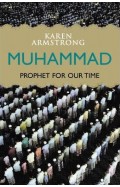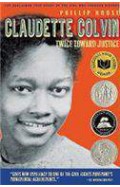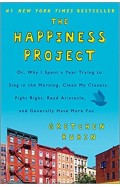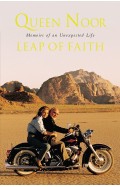- Home
- Books
- Categories
- Non Fiction
- Biography/Autobiography
- Biographies
- Fighting Retreat - Churchill and India
Fighting Retreat - Churchill and India
By: Walter Reid
-
Rs 5,326.75
- Rs 8,195.00
- 35%
You save Rs 2,868.25.
Due to constant currency fluctuation, prices are subject to change with or without notice.
Zubin Mehta: A Musical Journey (An Authorized Biography)
By: VOID - Bakhtiar K. Dadabhoy
Rs 472.50 Rs 1,050.00 Ex Tax :Rs 472.50
Elon Musk: How the Billionaire CEO of SpaceX and Tesla is Shaping our Future
By: Ashlee Vance
Rs 1,525.50 Rs 1,695.00 Ex Tax :Rs 1,525.50
Whiskey Tango Foxtrot : Strange Days in Afghanistan and Pakistan
By: Kim Barker
Rs 652.50 Rs 1,450.00 Ex Tax :Rs 652.50
No similar books from this author available at the moment.
No recently viewed books available at the moment.
Zubin Mehta: A Musical Journey (An Authorized Biography)
By: VOID - Bakhtiar K. Dadabhoy
Rs 472.50 Rs 1,050.00 Ex Tax :Rs 472.50












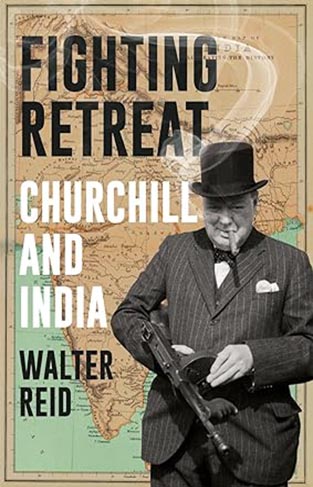
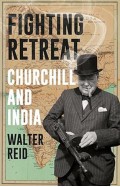
-120x187.jpg?q6)





